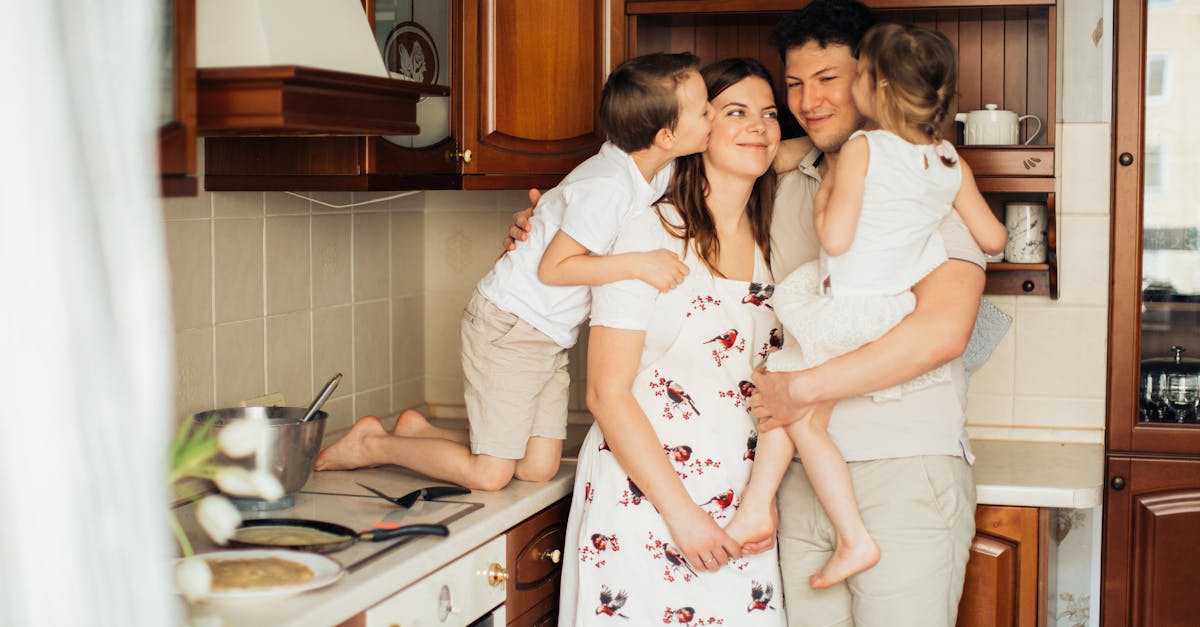Start with God’s Love
We start with God’s love because it is the foundation of healthy conflict resolution. God teaches us unconditional love and compassion, which can guide our actions. When parents model God’s love, children learn to handle disagreements with kindness. Share Bible stories with your children that illustrate love and understanding. It’s amazing how these stories can shape young minds. Remember, kids watch and learn more from our actions than our words. Embrace love in every interaction to foster a peaceful home environment.


Teach Active Listening
Active listening sounds easier than it is, but it’s crucial. Teach your children to listen with their hearts, not just their ears. Encourage them to hear the other person out fully before responding.
Use role-playing games to make this skill fun. For example, try a silly superhero scenario where each person must listen carefully before they can save the day. This helps kids develop empathy and reduces knee-jerk reactions during conflicts. Plus, who doesn’t love a good superhero moment?


Practice Patience
Patience is a virtue we’ve all heard of, but practicing it is another story. Children often have trouble with waiting and understanding others’ perspectives. Show them how to remain calm and patient, even when they’re frustrated. Share your own experiences where patience paid off; perhaps a time you waited in a long queue and met a friend or retrieved a long-lost item. These real-life examples help them grasp the benefits of patience in a relatable way.


Model Forgiveness
Forgiveness is powerful but often overlooked. Teach your kids that holding grudges only hurts them. Use the example of Jesus’ forgiveness on the cross; it’s profound and inspiring. Explain that by forgiving, they set themselves free from anger and bitterness. Create family rituals like ‘Forgiveness Fridays,’ where everyone gets to share and release any grudges. This practice not only fosters peace but also deeply connects family members.
Modeling forgiveness to your kids can have a lasting impact on their well-being and relationships. Encourage them to embrace forgiveness as a source of strength and healing, rather than a sign of weakness. By incorporating forgiveness into your family values, you can cultivate a more compassionate and understanding household.
Engage in Open Dialogue
Open dialogue is the glue that holds all these skills together. Foster a home environment where everyone feels safe to express their feelings. Set specific times for family discussions, like during dinner. Use conversation starters about emotions and daily experiences. It might be awkward at first, but soon it will become a cherished family routine. Open dialogue reduces misunderstandings and ensures that everyone feels heard and valued.


